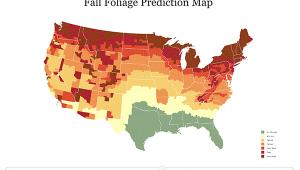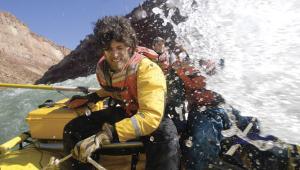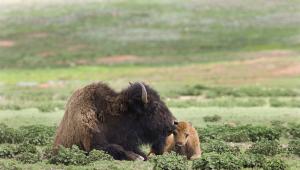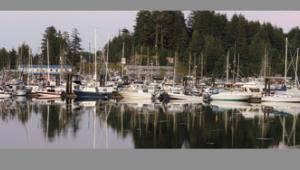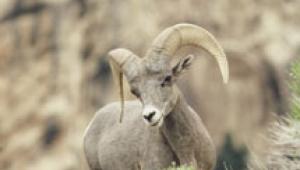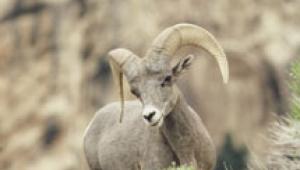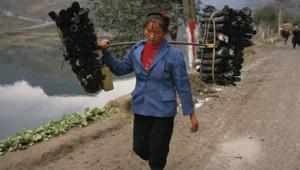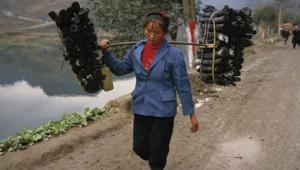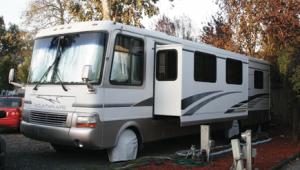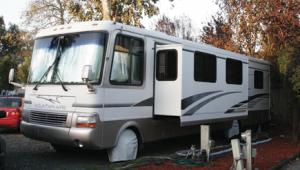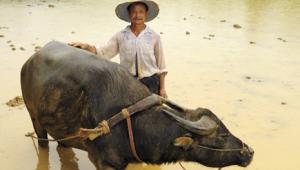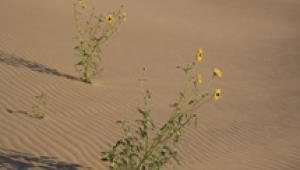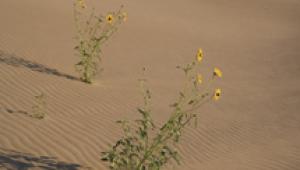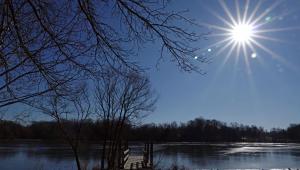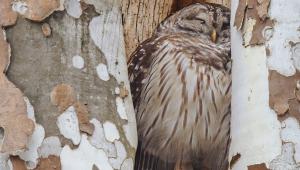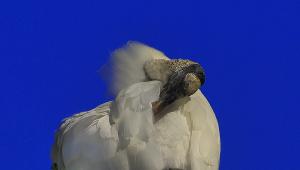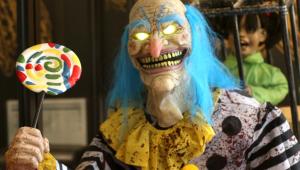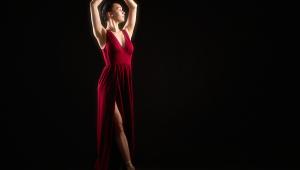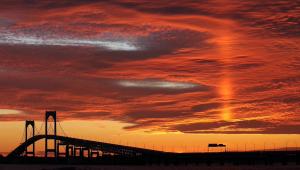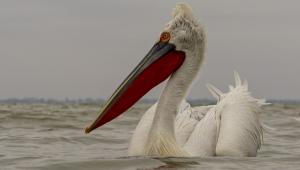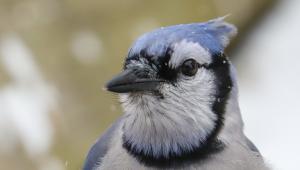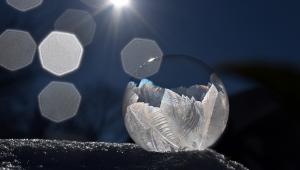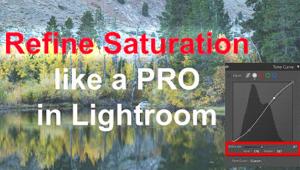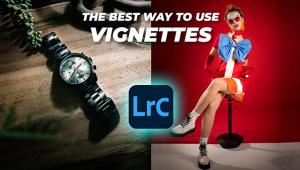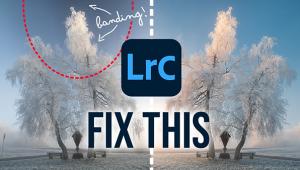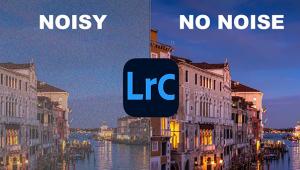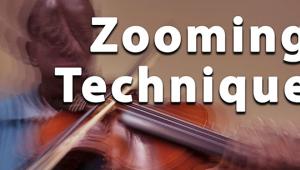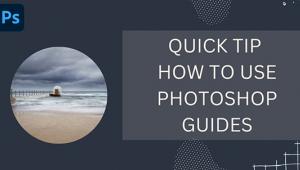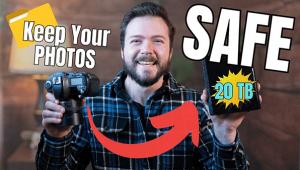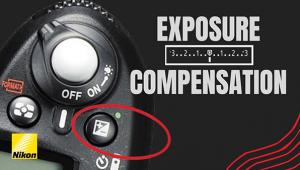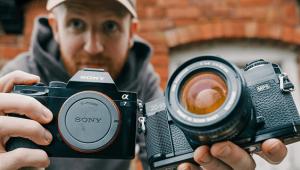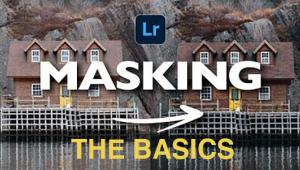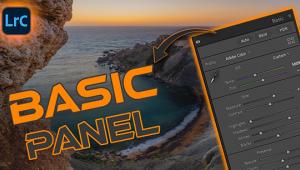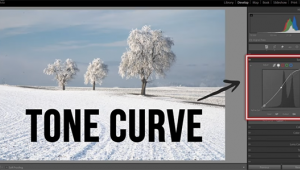I really wanted to have good quality photos and shots that you can never miss and this is the time I've been waiting for. - Larry Starr Sarasota
Sporting Chance; Want To Shoot Pro Sports? There’s A Workshop For That Page 2
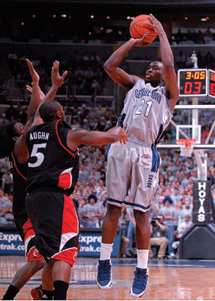 |
|
|
So is the workshop's big attraction instruction, or is it merely access?
"The majority of people want to learn," Jeff says, "but they
also want the experience of being there and doing it. They want to sit on the
floor and shoot an NBA game. It's a `gone to heaven' experience."
The experience starts well before the game. "We come in two hours prior
to the event," Jeff says. "I have a little projector, and the instructor
gives a short slide show of the sport. Maybe it's the instructor's
work or some other photographer's, but the pictures are examples of what
the students should be looking for. The instructors will go through the images
and talk about all the elements of the picture--composition, lighting,
and exposure.
"I think one of the most important things we tell the students is to think
outside the box. There are things to photograph in addition to the main action
of the sport. With horse racing there's a lot more than horses galloping.
There are the jockeys, the workouts, the still life possibilities. One of our
students, Bob Youngentob, got a photo of two jockeys in the gate, reading up
for the next race, and that's a perfect example of what we're talking
about.
 |
|
|
"And we tell them not to lower the camera and look at the LCD screen
when there's a time-out or a break in the action. Look at the bench, watch
the coach, watch the players. It's amazing when you go to a game and there's
a time-out and you see the pro guys on the sidelines and all they're doing
is chimping. We tell the students it's okay to do that once and a while,
but think about it: what are you missing?"
The students get a chance to see the game from various vantage points. "We
put them in different spots in the arena," Jeff says. "We give them
the full experience, move them around, give them an idea of the game from different
places. We'll go up a level to shoot down. At the races they'll
be at the first turn, the final turn, the stretch, the finish line. For baseball
they're in the photographers' boxes on the first and third base
sides. Some of them want to go up into the stands, and we say, `Sure,
you have a credential, you can go anywhere. Just follow the rules and be professional.
Don't ask for autographs and don't get in the way of anyone who
paid for a ticket.'"
The workshops have been wish fulfillment, but not life changing. People who
pay $4000 to attend realize that professional photography yields that kind of
discretionary income to only a precious few. But at least one participant wants
to replay the fantasy. "Bob Youngentob, the guy who shot the jockeys in
the gate, asked us if could do it again," Jeff says. "He's
going to be the first of our students to do that."
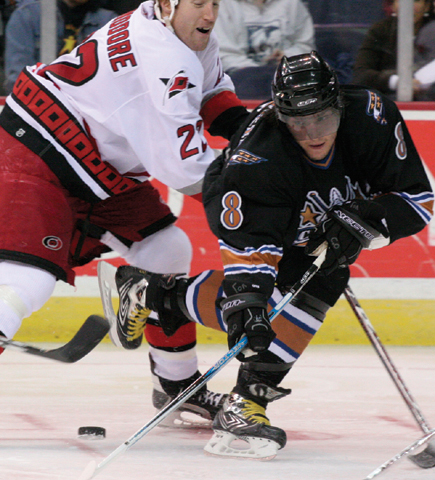 |
|
|
In one case, the workshop might become a career-enhancing experience. "This
is a first for us," Jeff says. "A photojournalism student at the
Corcoran Gallery of Art in Washington, DC, called and said she'd never
shot sports but she really wanted to do this and wondered if it would help her.
I said yes, it would. It would help her be a better photographer and it could
further her career. Her parents went for it, and she's with us now."
When I spoke with Jeff he had just come back from photographing the Kentucky
Derby and was getting set to leave for the Preakness. He told me an upcoming
workshop session on lighting had Simon Bruty of Sports Illustrated lined up
to instruct, and a critique session was set to feature Porter Binks, SI's
photo editor, as commentator. If that wasn't enough to keep Jeff busy,
he and Mitchell were planning how to expand the scope of the workshop to include
sessions for professional photographers who'd like to sharpen their skills
and improve their game.
The workshop's website, washingtonphotoworkshops.com,
is the starting point for more information if this sounds like something you
might like to try. Of course, Jeff's workshop may not be the only sports
photography fantasy camp in the country; if you don't live in the DC area,
you might want to do some research and see if there's something similar
closer to home. And since I haven't taken the workshop this isn't
an endorsement or a recommendation. But if, like me, you've dreamed of
shooting pro sports from a pro's vantage point, this might be your chance
to see if the reality matches the fantasy.
- Log in or register to post comments

